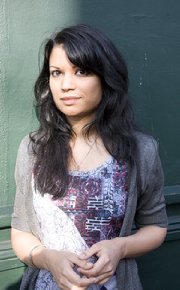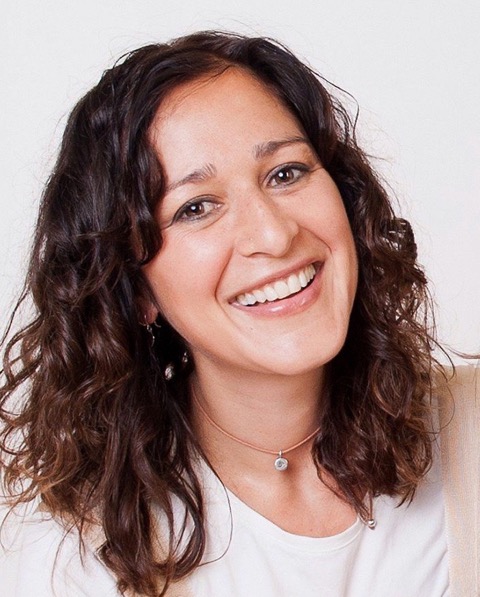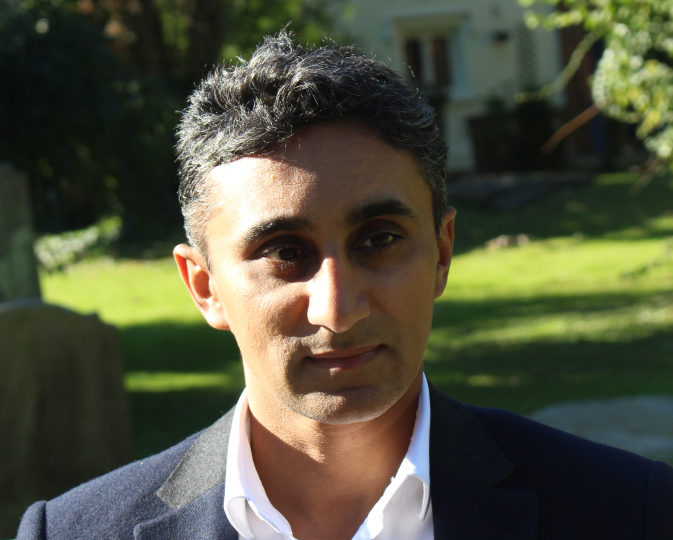Tell us a bit about your journey as a writer so far?
I was born in Bombay into quite a bookish environment and with many fervent adults around. I grew up there for a few years and then in England, and always wrote stories and other things. When I was fourteen I had a couple of stories published in an anthology. At university I continued to write, but much more furtively, while reading for a degree in English literature. For the next ten years, while working in Paris, London and Bombay, I still wrote, but didn’t really attempt to publish any fiction. In the last few years I’ve worked as a journalist at the Times of India then at ELLE in Bombay. I began writing this novel while I was doing a master’s in creative writing two years ago.
How long did it take you to write Saraswati Park?
A year-and-a-half.
Where did your inspiration come from?
I’d had the idea for a story about the letter writer for a while, and in my mind it became tied up with the second hand booksellers at Flora Fountain being moved away by the municipality in 2005. I’d had another idea for a story about Ashish, but then the two began to mingle.
Is your character Mohan based on anyone you know?
In appearance he’s like a lot of people I’ve seen in Bombay through the years – clerks in offices, working people. In his inner life, there are some things I imagined and some that are drawn from my own experience.
So tell us do you have a fascination with books too? What is your favourite book of all time?
I do, I suppose. I don’t know, but I love the appearance of books published by the French house Editions de Minuit: square white paperbacks with blue lettering and a blue star on the cover.
What’s it like having your novel described by Amit Chaudhuri as “the best debut novel I’ve read in a long time.” ?
It’s very nice of him.
The trials and tribulations of family life are very much part of your novel. What do you make of family?
I began growing up with a more extended family around – grandparents, aunts and uncles. When we moved to England I was seven, and for the next eleven or so years it was just our nuclear family that was the focus, as well as my own friends. Maybe that led to a lot more thought about what family life is like. I’m always happy now to be back in India with the sense of a larger family.
What was the key message you wanted to leave your readers with, when you wrote Saraswati Park?
Maybe I was explaining something to myself: that the story of my life, which I’d been waiting, sometimes very keenly, to find out about, was actually just contained in the small moments and apparently empty days I’d lived through.
You’ve lived and studied in England for some years, tell us about your first impressions of England and how does it compare to India?
When we first came to England I knew of it from reading books from the lending library in our part of Colaba in Bombay. These were mostly by Enid Blyton: the Famous Five, Secret Seven and Five Find Outers series. I sort of expected to meet the characters from those books, and was a bit surprised that England wasn’t some sort of cosy, idealised version of the 1930s. Now England has become a little more like India in some ways – there are certainly a lot of Indians here now – and India is a bit more like anywhere. So travelling between the two is less of a jarring experience. Essentially though I don’t think that much has altered. When in India I enjoy the ease of relating to other people that’s so natural there – not always smooth, but very unthought – and when in England I take a certain comical pleasure in retreating into myself and enjoying my privacy.
Do you have a preference?
I love being in India but England is also very familiar, and it’s where my boyfriend and many close friends are.
What have you got planned for the forthcoming year?
I’m working on a second novel, which is set in Paris, London, and Bombay and deals with the emergence of a sense of self behind everyday personality in the decade of a set of characters’ lives after they leave university.
Finally what advice would you give to aspiring novelists?
Write every day.
Anjali Joseph was born in Bombay in 1978. She read English at Trinity College, Cambridge, and has taught English at the Sorbonne. More recently she has written for the Times of India in Bombay and been a Commissioning Editor for ELLE (India). She graduated from the MA in Creative Writing at the University of East Anglia with distinction in 2008. Saraswati Park is her first novel.


